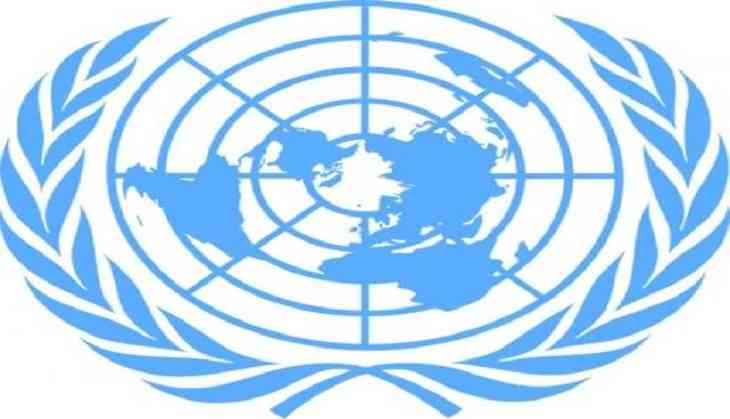
The United Nations Committee against Torture (CAT) has raised serious concerns over widespread torture, enforced disappearances and extra-judicial killings in Pakistan.
During its meeting in Geneva, the committee experts said the impunity for such acts committed by state officials and forces associated with the state, including military, the police, and intelligence agents, is a cause of worry.
"Some 1,200 cases of enforced disappearances had been registered since 2010, while 487 cases of alleged torture had been documented by non-governmental organizations during the 2014 to 2016 period. The specific prohibition of torture in the law was very narrow, as it included only torture for purposes of extracting a confession", said the committee in its first review of implementation in the country of the Convention against Torture and other Cruel Inhuman or Degrading Treatment or Punishment.
It added, "Some 90 percent of women in Pakistan faced domestic violence, and women continued to be victims of so-called honor killings. Other issues of concern included the persecution of religious minorities and sectarian attacks such as the one in October 2016 which had killed 27 persons."
The committee will hold a meeting from April 18 to May 12 to review "State Parties" - which include Pakistan, Bahrain, Afghanistan, Argentina and South Korea- implementation of the Convention.
Pakistan ratified the Convention in 2010 and presented its first report in 2016. The CAT, however, posed various questions and sought clarifications after Pakistan's delegation headed by Kamran Michael, Minister for Human Rights, introduced its report saying that public servants were prohibited from engaging in acts of torture under any circumstances, while the 2002 Police Order imposed penalties on the police officers who tortured or abused a person in their custody.
His report added, "The Anti-Terrorism Act of 1997 was the prime legislation covering the investigation and adjudication of acts of terrorism and it provided protection and safeguards in accordance with human rights norms and standards."
Expressing concern over torture in Pakistan prisons, the CAT experts said, "Majority of the prisoners are tortured in Pakistan; significant proportion undergo sexual abuse in detention; and, there is no independent mechanism for redressing such cases." The participants at the meeting also raised concern over April 13 lynching of a university student Mashal Khan, who was killed over allegations of blasphemy. The participants questioned the state's failure to prevent such acts of violence.
Committee Vice-Chairperson and Rapporteur for Pakistan Felice Gaer said, "In October 2012, the Supreme Court (of Pakistan) had issued an interim order ("Balochistan Law and Order Case") which held that there was overwhelming evidence implicating the Frontier Corps in cases of missing persons in Balochistan. Had there been any inquiry into the responsibility of members of the Frontier Corps for disappearances in Balochistan, including investigations into alleged enforced disappearances of political leaders Shulam Mohammad Baloch, Lula Baloch, and Sher Mohammad Baloch? How many complaints of torture had been received against members of the Pakistan Rangers since 2010 and what measures had been taken to investigate and prosecute them?"
The Committee was further concerned that Pakistan was not adequately exercising due diligence to prevent violence, including torture, by members of extremist groups, while its intelligence agencies had been accused of providing sanctuary to the Afghan Taliban, Haqqani Network, and Kashmir-focused armed groups.
The delegation was asked to provide data on the prosecution of members of those groups for abduction, sexual abuse, and other related offenses.
-ANI


